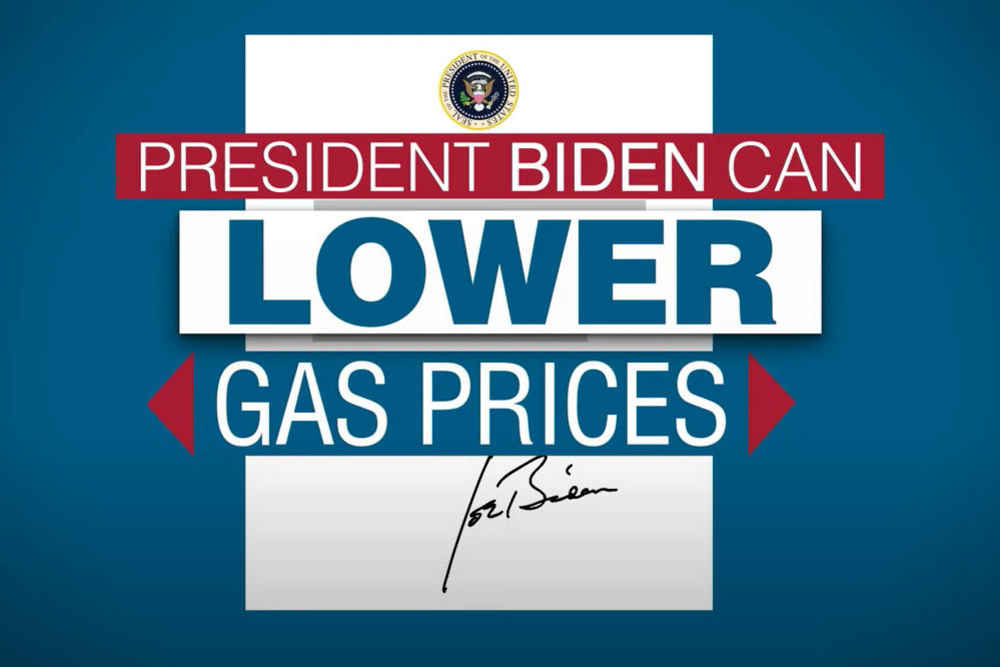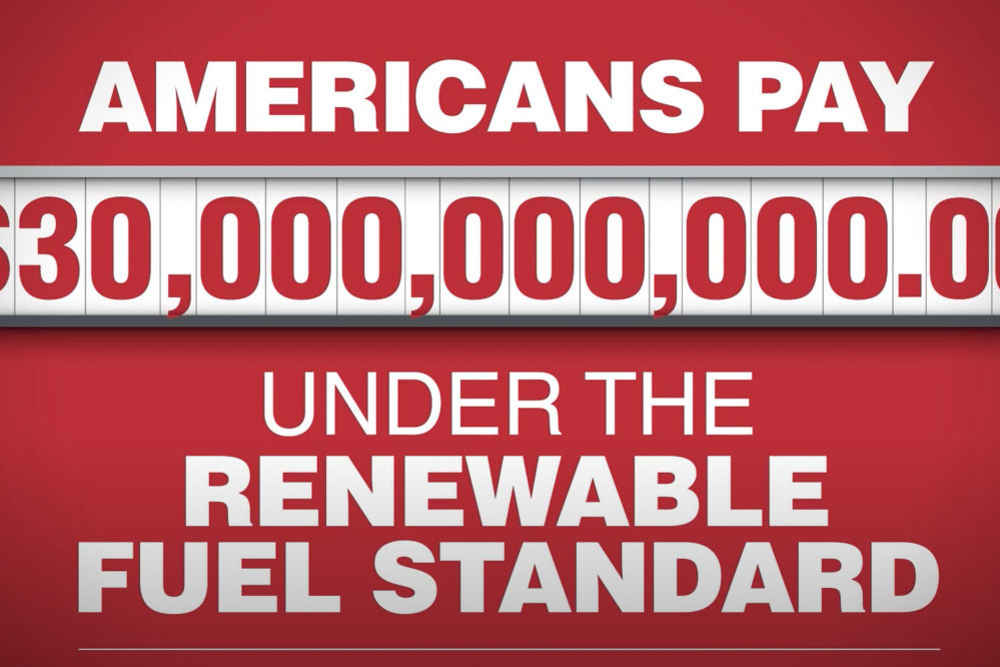This week, President Biden spoke to a joint session of Congress for his second State of the Union Address (SOTU). His speech addressed to a divided government mainly focused on the economy and health care, while also touching on American jobs, energy and climate, Russia and Ukraine, and infrastructure.
In the past, President Biden has touted being a champion for unions and the working class. He has repeatedly said that he intends to be the most pro-union President leading the most pro-union administration in American history. In that spirit, many expected Biden to use the SOTU to reaffirm his support for good-paying union jobs and broadcast that America’s labor unions can lead the energy transition. Unfortunately, President Biden only briefly spoke to unions—in the context of the PRO Act and the right to organize.
Against the backdrop of this speech, there is one specific policy that jeopardizes tens of thousands of high-quality union jobs across the U.S. energy sector: the Renewable Fuel Standard (RFS).
The Broken RFS Has Strayed Far from Its Original Intent
Signed into law in 2005, the RFS was meant to bolster U.S. energy independence. Despite its laudable intentions, however, RFS regulations have been putting independent refiners at risk and forcing the U.S. to import significant amounts of foreign biofuels.
The current structure of the RFS places the responsibility of compliance on independent refiners, who have little or no control over the amount of ethanol that’s blended into the gasoline sold into the market. Refiners are beholden to the entities that either control or buy up compliance credits (RINs) solely to turn a profit— Big Oil blenders, large convenience store chains, and Wall Street speculators.
The RFS functions as a hidden tax on domestic fuel supplies, adding an estimated $30 billion to fuel costs and 20 to 30 cents per gallon to pump prices. What’s more, small and independent refiners have reported paying more for RINs than on salaries, benefits, maintenance, and utility expenses combined. In the last three years, 10 refineries have fully or partially closed or announced closure, contributing to the loss of more than a million barrels per day of lost refining capacity. RFS compliance costs were a significant factor in many of these closures.
Additionally, the RFS is increasing our reliance on foreign energy which was the very thing the program was intended to steer us away from. In 2020, the U.S. imported nearly 475 million gallons of foreign biofuel to meet obligations under the RFS.
Rather than fixing the problem, EPA is threatening to make matters worse. Late last year, the Agency announced their proposed biofuel blending levels for 2023, 2024, and 2025, and set the ethanol standard significantly higher than what is capable of being blended in our transportation fuel supply based on engine and infrastructure constraints. By setting unachievable ethanol requirements, compliance costs under the RFS which are already sky-high, will rise even further.
A call to action for President Biden and Congress to stand with union workers
Russia’s war on Ukraine has shined a spotlight on the need to ensure American energy security. The RFS is actively threatning that. Now with the SOTU address under his belt, President Biden must keep energy security and the plight of our remaining independent refiners at front of mind when shaping his agenda for the year ahead. Despite refinery workers’ contributions to our domestic economy, global competitiveness, and energy security, their jobs are now in jeopardy and Americans are still facing unnecessarily higher fuel prices. As such, President Biden must take the following measures to protect these vital facilities that have helped fuel our nation through a global pandemic, cybersecurity attacks, and other economic disruptions; reducing consumer fuel costs in the process:
1.Lower the ethanol requirement to an achievable volume. According to the federal government’s own market data for the projected demand of ethanol, EPA’s proposed blending volumes of 15.25 billion gallons annually for 2023-2025 are flat out unachievable. The agency must lower these blending obligations to 13.9 billion gallons to reflect the realistic, anticipated ethanol demand for the next three years and help to bring down the cost of RINs and gas prices for consumers.
2.Promulgate a RIN cost-containment rule. EPA missed an opportunity to set a RIN cost-containment measure into effect as part of its recent proposal. Thankfully the agency now has the ability to propose a parallel rule, similar to the proposed legislation announced by U.S. Senators Bob Casey (D-PA) and Chris Coons (D-DE), as well as U.S. Representatives Mary Gay Scanlon (D-PA), Brendan Boyle (D-PA), Donald Norcross (D-NJ), and Brian Fitzpatrick (R-PA), that can provide a commonsense solution to soaring RIN costs.
3.Eliminate e-RINs. E-RINs, namely RINs for renewable powered electricity, force small and mid-sized refiners to subsidize large electric vehicle manufacturers like Tesla. Our nation’s independent refiners are already spending astronomical amounts on RINs and cannot afford to subsidize large, integrated refiners, along with EV entities, at their own expense.
President Biden has a clear opportunity to protect tens of thousands of union jobs, strengthen the nation’s energy security, and lower costs for consumers. President Biden should fix the RFS and give independent refiners the chance to be a part of America’s energy future.



